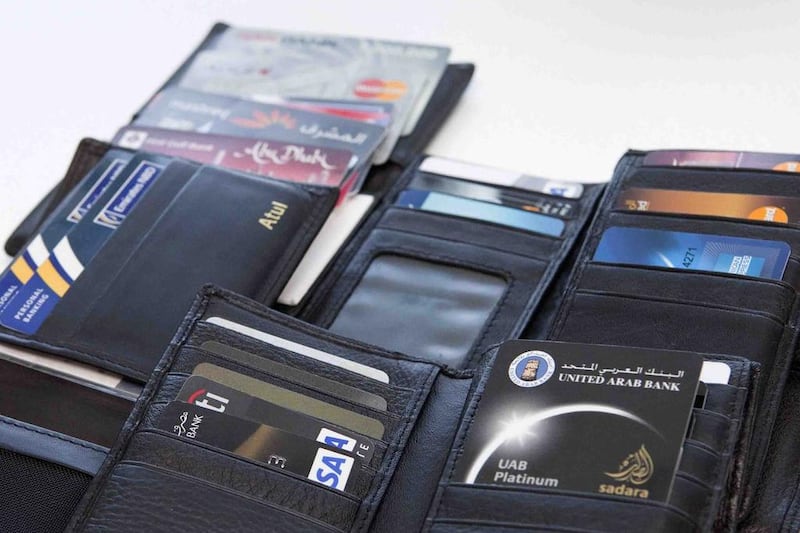There has been a lot of talk in recent months about debt consolidation. Many borrowers who find themselves drowning in debt, are eager to approach their bank or another financial institution to consolidate all their loans and credit cards into one payment. But many are under the illusion that this is the ultimate solution to all their debt woes.
Before you decide to go down the debt consolidation route, it is important to analyse whether it is the right financial decision for you or not. Here, the team from Souqalmal.com weighs in on the pros and cons and long-term implications of consolidating your debts:
How does debt consolidation work?
Debt consolidation products from banks offers overwhelmed borrowers some breathing space by rolling multiple debts into a single consolidated loan, usually at a lower rate, requiring one repayment every month.
Monthly repayments can become more manageable, due to the extended loan tenure offered under such an arrangement. You will also have the convenience of dealing with just one lender, and can keep better track of how much you owe and how much you need to repay.
Who can benefit?
If you currently have high-interest unsecured debt, especially on multiple credit cards, and no extra cash or savings to pay it off, you can opt for debt consolidation to combine the outstanding balances and lower the rate significantly.
If you’re financially disciplined and can commit yourself 100 per cent to the revised repayment plan and longer loan repayment tenure, this may be the right option for you. Bear in mind, you can only benefit from loan consolidation if you don’t run up any fresh debts, in which case you’ll simply be back to square one. Make sure you don’t overcommit, with a consolidated monthly repayment that you can’t sustain over the next few years.
Am I eligible and what fees will be applied?
To be eligible, you must retain a Debt Burden Ratio (DBR) of no more than 50 per cent. However, many banks in the country relax this upper limit for Emiratis. You will also be required to transfer your salary to the bank offering the debt consolidation facility. Fees and service charges involved are similar to regular personal loans, and usually include a processing fee of around 1 per cent of the loan amount.
Is consolidation always the answer?
This is not by any means an instant fix. Not only does it require long-term commitment but it could end up costing you more money in the long run.
If the consolidated loan only lowers your monthly repayments, but stretches the tenure further, you could end up shelling out more in interest payments. This could still be the case, even if you secure a lower rate on the consolidated loan.
Debt consolidation can alter the structure of your repayments and get you some relief from high interest rates, but it can definitely not make your debt go away. You are still obligated to pay back what you owe, though you may have more time to do so. Remember, a longer tenure also means a longer financial commitment.
What alternatives are there?
If you’re struggling with your repayments and need temporary relief, check if your bank allows you to take a payment holiday, which can help you postpone your loan instalments by two to three months. If you’re looking for a more long-term solution, speak to individual banks about restructuring your existing loan to help you avoid loan delinquency.
When dealing with an outstanding balance on multiple credit cards, also consider the balance transfer option by taking advantage of the zero per cent offers on various credit cards. But be sure to factor in the balance transfer fees. The interest-free tenure may range from three to six months. Try to repay as much as you can during this introductory period to avoid interest.
What if I’m rejected for a consolidation products.
If conventional loan consolidation is not an option for you, consider speaking to your primary bank about consolidating the loans and credit cards you have with them into a lower-rate loan.
If you have savings or investments that are yielding significantly lower returns compared to the rate you’re paying on your loans, you may want to liquidate these assets and use the funds to settle your debts sooner.
While debt consolidation can help with the symptoms, it cannot address the root of the problem. Be prepared to make necessary cutbacks, restrict your spending, close your credit cards and refrain from taking on any more debt.
pf@thenational.ae
Follow us on Twitter @TheNationalPF






